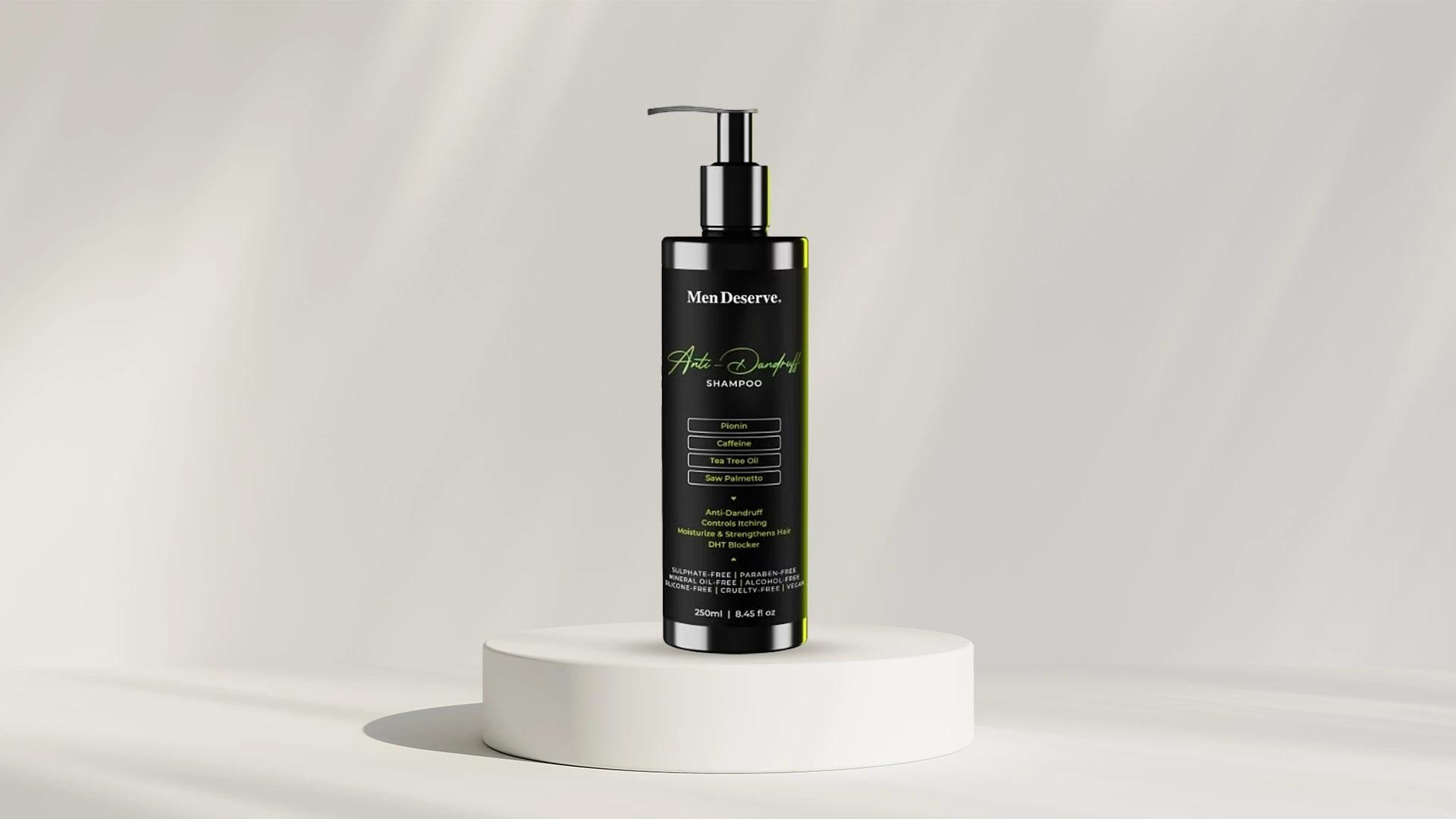Treating dandruff isn't just about what you put on your scalp—it's about creating the right environment for healthy hair growth. Small changes to your routine can make a massive difference to your scalp health long-term.
Dietary Adjustments for Scalp Health
Your scalp loves zinc, B vitamins, and healthy fats. Load up on leafy greens, nuts, seeds, and fatty fish. Cut back on sugar and processed foods—they can worsen inflammation and feed the fungi that cause dandruff.
Proper Haircare Routine
Find your sweet spot with washing frequency. Oily scalps might need daily washing, whilst dry scalps do better with 2-3 times per week. Choose gentle, sulfate-free shampoos that won't strip your scalp's natural oils.
Scalp Massage Techniques
Regular scalp massage boosts blood flow and helps remove dead skin cells. Use your fingertips (not nails) to massage in small circles for 5 minutes before washing. It's relaxing and helps your treatments penetrate better.
When to Seek Professional Help
Whilst home remedies work brilliantly for most people, sometimes you need backup. Knowing when to see a dermatologist can save you time and frustration.
Signs That Indicate a Need for Medical Attention
If your dandruff doesn't improve after 4-6 weeks of consistent home treatment, it might be time for professional help. Severe itching, bleeding, or thick, crusty patches need medical attention. Also, if the flakes are yellow or greasy rather than white and dry, you might be dealing with seborrheic dermatitis.
Over-the-Counter and Prescription Options
Medicated shampoos with ingredients like ketoconazole, selenium sulfide, or zinc pyrithione can be more effective for stubborn cases. For severe conditions, dermatologists might prescribe stronger antifungal treatments or topical steroids.
Frequently Asked Questions
How long does it take to cure dandruff with home remedies?
Most people see improvement within 2-4 weeks of consistent use. The key is sticking with your chosen remedy—don't switch between treatments too quickly or you won't know what's actually working.
Can dandruff be cured permanently?
Dandruff is usually a chronic condition that can be managed rather than permanently cured. The good news is that with the right routine, you can keep it completely under control.
Is it possible to remove dandruff in one day?
Whilst you can't cure dandruff overnight, a good clarifying treatment can reduce visible flakes temporarily. However, addressing the underlying cause takes consistent care over several weeks.
What's the difference between dandruff and dry scalp?
Dandruff typically involves larger, oilier flakes and is often caused by fungal overgrowth. Dry scalp produces smaller, whiter flakes and is usually due to lack of moisture. The treatments differ, so it's worth figuring out which you're dealing with.
How often should I wash my hair if I have dandruff?
It depends on your scalp type. Oily scalps with dandruff often benefit from daily washing, whilst dry scalps might need washing only 2-3 times per week. Pay attention to how your scalp responds and adjust accordingly.
Key Takeaways
Sorting out dandruff doesn't have to be complicated or expensive. These natural remedies really do work when used consistently—the trick is finding what works for your specific scalp situation. Whether it's tea tree oil's antifungal power or coconut oil's moisturising magic, there's definitely something here worth trying. Remember, consistency is everything with dandruff treatment. Give any remedy at least 2-4 weeks to show results, and don't be afraid to combine different approaches. Your scalp is unique, so what works for your mate might not work for you—and that's totally normal.

 200 ml
200 ml 180 ml
180 ml 250 ml
250 ml 320 ml
320 ml